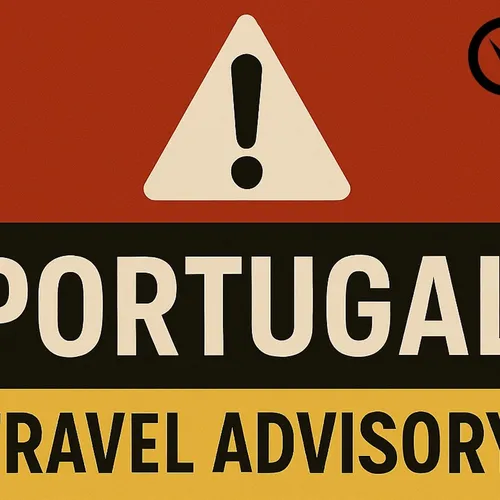Portugal Travel Safety 2025: Essential Tips for Secure and Enjoyable Visits to This Beautiful European Destination
- Author
- Quiet. Please
- Published
- Sat 09 Aug 2025
- Episode Link
- https://www.spreaker.com/episode/portugal-travel-safety-2025-essential-tips-for-secure-and-enjoyable-visits-to-this-beautiful-european-destination--67313940
Portugal remains one of the safest travel destinations in Europe, with the US Department of State issuing a Level 1 advisory as of March 2025, meaning listeners are encouraged to exercise normal precautions while visiting. Violent crime is rare, but petty crime such as pickpocketing and bag snatching happens frequently, especially in tourist-heavy cities like Lisbon and Porto, and on public transport such as trams, trains, and buses. Thieves often target distracted tourists in crowded areas, including hotel lobbies, outdoor cafes, airports, and busy shopping streets. Listeners should keep valuables secured, avoid carrying unnecessary cash or expensive jewelry, and be especially vigilant when using ATMs or public transport. Rental cars are commonly broken into, so it is critical not to leave any belongings in vehicles, even temporarily.
Summer in Portugal, especially between June and September, is peak travel season and brings risks of high temperatures and bushfires, particularly in mainland regions. The Australian Government’s Smartraveller service highlights that these conditions can rapidly affect travel plans, and everyone should monitor local media and follow safety advice from authorities during heatwaves or fire events. Those trekking in the Madeira Islands should note the importance of preparing for changing weather, staying on marked trails, and informing others of hiking plans, as recommended by the US Embassy in Portugal.
Travelers should also note a few local laws that can catch out the unprepared. Public drinking is not permitted in parks, beaches, or city streets in certain municipalities like Lisbon, with fines reaching €200. Walking on protected sand dunes, especially in Algarve and Costa da Caparica, is prohibited and subject to fines. Police may request identification at any time, so carrying a passport or a digital copy is essential.
Portugal’s reputation for safety extends to solo and female travelers, ranking high for peacefulness and respect toward visitors. Most local residents are welcoming, but as with any destination, standard personal safety measures are advised: avoid isolated areas at night, travel in groups when possible, and be cautious with open drinks at bars or clubs. For transportation, public options are affordable and reliable, though driving can be challenging due to local habits like speeding and aggressive lane changes.
No unusual health threats are reported in 2025, though general travel health recommendations apply: keep up with routine vaccinations, wear seatbelts, and take extra caution when cycling or on motorcycles. All travelers, particularly those planning longer stays, should ensure their documents are secure and up to date, and be aware that residence permits for foreign nationals in Portugal are currently valid until mid-October 2025.
Ultimately, with common sense and awareness of the local context, listeners can enjoy Portugal’s stunning landscapes, rich culture, and vibrant cities with minimal risks. The country welcomes tourists year-round and is open for travel with no extraordinary restrictions or health advisories at this time.
